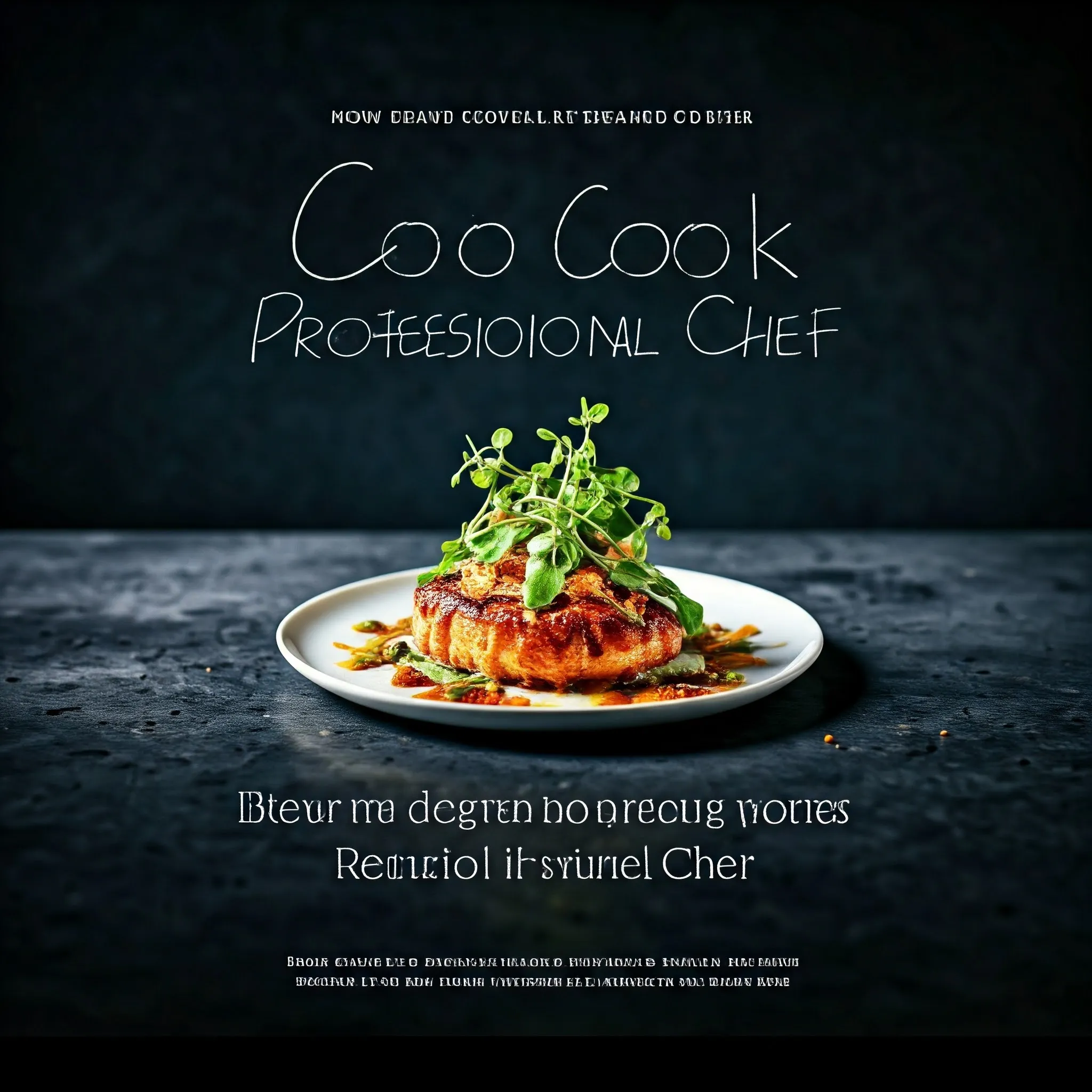
How to Cook Like a Professional Chef
1. Understand the Art of Mise en Place
Cooking like a professional isn’t just about mastering the recipes; it’s about *structure*. Mise en place—everything in its place. You need to be organized, ready. Your prep table should look like a war room, weapons laid out, waiting for action. No confusion. No hesitation. Have every knife, every spice, every ingredient measured and at arm’s length. When you’re in the kitchen, every second counts.
2. Master Your Knives – It’s Not Just About Cutting
Every chef worth their salt (pun intended) has a deep, almost mystical relationship with their knives. Sure, they slice, they chop, they dice—but it’s not *just* about cutting. It’s about feeling the blade glide through the ingredients. The right grip, the right angle, the right technique. The kind of precision that makes you feel like a culinary surgeon. A dull knife is a crime, and wielding a sharp one is a gift.
3. Heat Control: The Invisible Player
It’s easy to forget about heat, but it’s the *unsung hero* of cooking. A professional chef doesn’t just turn on the stove and hope for the best. No, no. They *control* the heat. High heat for a crispy sear on that steak, low heat for a delicate simmer in your sauce. Too much heat? You’ll burn it. Too little? You’ll ruin the flavors. Know when to turn it up and when to back off.
4. Taste Everything – And Don’t Stop Tasting
You might be tempted to just season your dish and hope for the best. But here’s the thing: professional chefs *never* stop tasting. That spoon you’re using to stir? Taste it. The sauce you’re reducing? Taste it. The soup you’re simmering? Taste it. They don’t just trust recipes—they trust their instincts, and their instincts are sharpened by a continual connection to the dish.
5. The Chaos and the Calm of a Professional Kitchen
It’s loud. It’s chaotic. Orders are coming in faster than you can blink. The heat’s rising. But within this madness, there’s a rhythm. A calm in the storm. Every chef knows how to embrace the chaos. They know how to rise to the occasion, knowing that timing is everything. The hustle, the stress—it’s all part of the symphony.
6. Ingredient Quality: The Foundation of Great Cooking
You can’t fake it. You can’t cut corners. The best chefs start with the best ingredients. You want that tomato to burst with flavor? Buy it fresh, from a local market, not some mass-produced supermarket variety. Everything you use has to speak for itself. Quality doesn’t come in a can, and it sure as hell doesn’t come from a discount store.
7. Don’t Be Afraid to Experiment
This is the part where you unleash your creativity. Throw the book out the window! Don’t be afraid to combine unusual flavors. Throwing a little unexpected twist into your dish is what sets you apart. A dash of cinnamon in your savory stew? Why not. A few chocolate shavings on your steak? Go for it. Cooking is an art form, and the canvas is yours to paint.
8. Precision, but Not Too Much
Yes, precision is key—but it’s also not the be-all and end-all. A professional chef understands balance. They know when to let go of exact measurements, when to trust their senses. A pinch of salt here, a handful of herbs there—cooking isn’t all about scientific precision; it’s about *feeling* your way through the dish.
9. Presentation is Half the Meal
We eat with our eyes first. This is not just some metaphor. It’s *real*. Your dish could taste like heaven, but if it looks like slop, it’ll fail. Take time to plate. Think about color, texture, height, and shape. The garnishes aren’t just decorations—they’re essential. Get creative with the plating. After all, a beautifully presented dish can elevate the entire experience.
10. Never Stop Learning
Remember, being a professional chef doesn’t mean you know everything. In fact, you’ll never stop learning. New techniques, new trends, new tools, new cuisines—there’s always something more to master. Stay curious, stay humble, and keep pushing the boundaries of what’s possible in the kitchen. Because the journey to becoming a true culinary artist is endless.